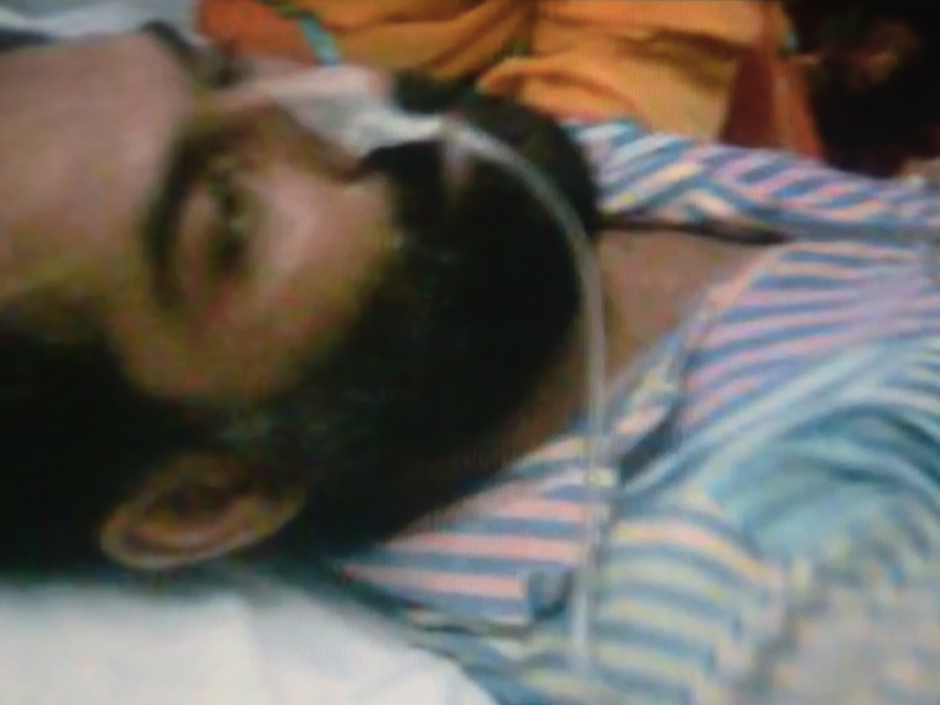Halt execution of paralysed man due to take place tomorrow
The Human Rights Commission of Pakistan (HRCP) has called upon the President of Pakistan to stay the hanging of Abdul Basit, a paraplegic man, which is scheduled for Tuesday (Sept 22) and grant him reprieve, according to a press statement.
On December 17, Prime Minister Nawaz Sharif rescinded a four-year unofficial moratorium on capital punishment in apparent response to the December 16 attack by the Pakistani Taliban splinter group Tehreek-e-Taliban on a school in Peshawar in northwestern Pakistan that left at least 148 dead – nearly all of them children.
“The court has set the prison an impossible task – there is no way of hanging Basit according to the rules, leaving the real risk that he will face a needlessly cruel and horrific execution”, said Reprieve’s Maya Foa.
“This case has once again drawn widespread attention to the cruelty of the relentless conveyer belt of executions in Pakistan”, said the statement from Amnesty global .
Rights groups say that there is a danger that the hanging could go wrong and end up being a breach of the prisoner’s dignity – which is protected by Pakistani laws. “Pakistan should immediately impose a moratorium on executions with a view to the full abolition of the death penalty”.
Abdul Basit, 43, who is paralysed from the waist down, is due to be hanged in Lahore for murder, a charge he has always denied.
Pakistan has the world’s largest number of death row inmates, with more than 8,000 people reported to be awaiting execution.
Abdul Basit became paralysed in 2010 due to the inhumane conditions in which he was kept in Central Jail Faisalabad, and was not given sufficient healthcare after being diagnosed with TB meningitis, leading to severe spinal cord damage.
Speaking yesterday to lawyers at Justice Project Pakistan, Basit’s family begged the government to grant mercy.
Pakistan’s prison guidelines require that a prisoner stand on the gallows in order to be hanged. Despite government claims that the death penalty is necessary to confront terrorism, only a small percentage of those executed were linked to militancy.








